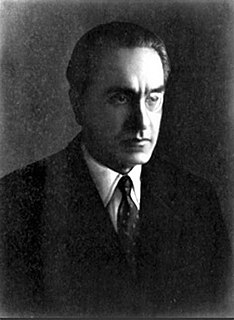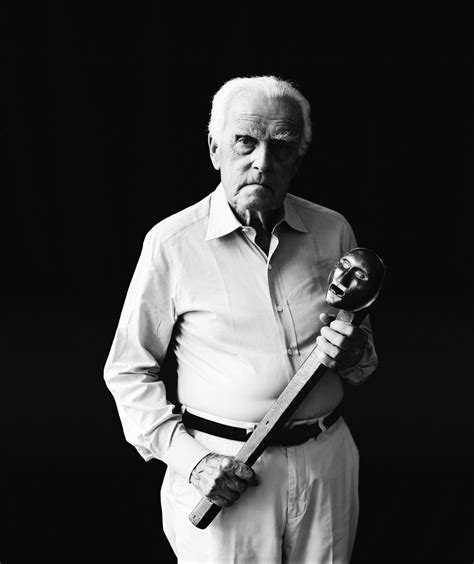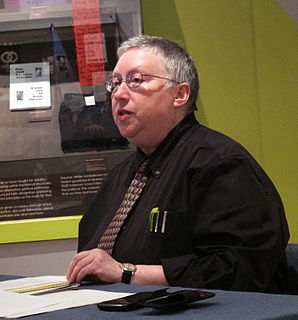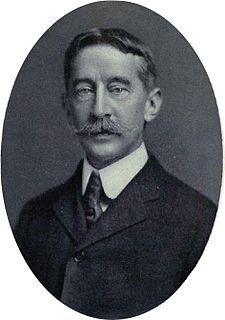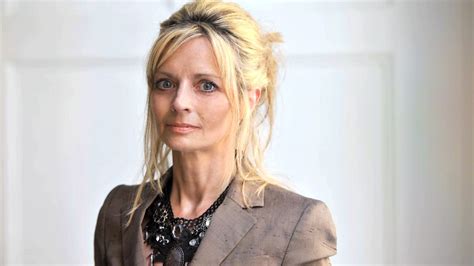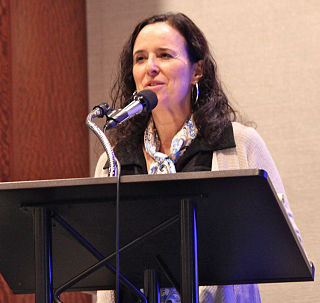A Quote by Arthur Demarest
"Hypercoherence" is one of the most dangerous threats to the long-term survival of our civilization. Hypercoherence is the close efficient linkage of all parts of the world economic, communication and transport systems. It has been crucial in the spread of great innovations, the rise of world wealth, and even the dissemination of democratic concepts and ethical values and the defeat of oppressive regimes.
Related Quotes
America's sanctions policy is largely consistent and, in a certain sense, admirable. By applying economic restraints, we label the most oppressive and dangerous governments in the world pariahs. We wash our hands of evil, declining to help despots finance their depredations, even at a cost to ourselves of some economic growth.
Human existence may be simpler than we thought. There is no predestination, no unfathomed mystery of life. Demons and gods do not vie for our allegiance. Instead, we are self-made, independent, alone, and fragile, a biological species adapted to live in a biological world. What counts for long-term survival is intelligent self-understanding, based upon a greater independence of thought than that tolerated today even in our most advanced democratic societies.
We in Himalaya are facing a crisis of survival due to the suicidal activities being carried out in the name of development… The monstrous Tehri dam is a symbol of this… There is need for a new and long-term policy to protect the dying Himalaya. I do not want to see the death of the most sacred river of the world-the Ganga- for short-term economic gains.
Resilience, timing, adaptation - these are the three pillars upon which the emergent properties of interacting systems rest. When the systems are the economy and the environment, understanding of the relationships among these concepts is crucial. This volume does a better job of explaining how to manage both money and nature to ensure humanity's long-term future than any other work I know of. Read and reflect.
[Aldous Huxley] compared the brain to a 'reducing valve'. In ordinary perception, the senses send an overwhelming flood of information to the brain, which the brain then filters down to a trickle it can manage for the purpose of survival in a highly competitive world. Man has become so rational, so utilitarian, that the trickle becomes most pale and thin. It is efficient, for mere survival, but it screens out the most wondrous part of man's potential experience without his even knowing it. We're shut off from our own world.
Modern capitalism is just as subversive as Marxism. The materialistic view of life on which both systems are based is identical. As long as we only talk about economic classes, profit, salaries, and production, and as long as we believe that real human progress is determined by a particular system of distribution of wealth and goods, then we are not even close to what is essential.
The world has paid a heavy price for the lack of democracy in most of the Middle East. Operation Ajax [CIA code for the August 1953 coup] taught tyrants and aspiring tyrants there that the world's most powerful governments were willing to tolerate limitless oppression as long as oppressive regimes were friendly to the West and to Western oil companies. That helped tilt the political balance in a vast region away from freedom and toward dictatorship.
Two types of choices seem to me to have been crucial in tipping the outcomes [of the various societies' histories] towards success or failure: long-term planning and willingness to reconsider core values. On reflection we can also recognize the crucial role of these same two choices for the outcomes of our individual lives.












